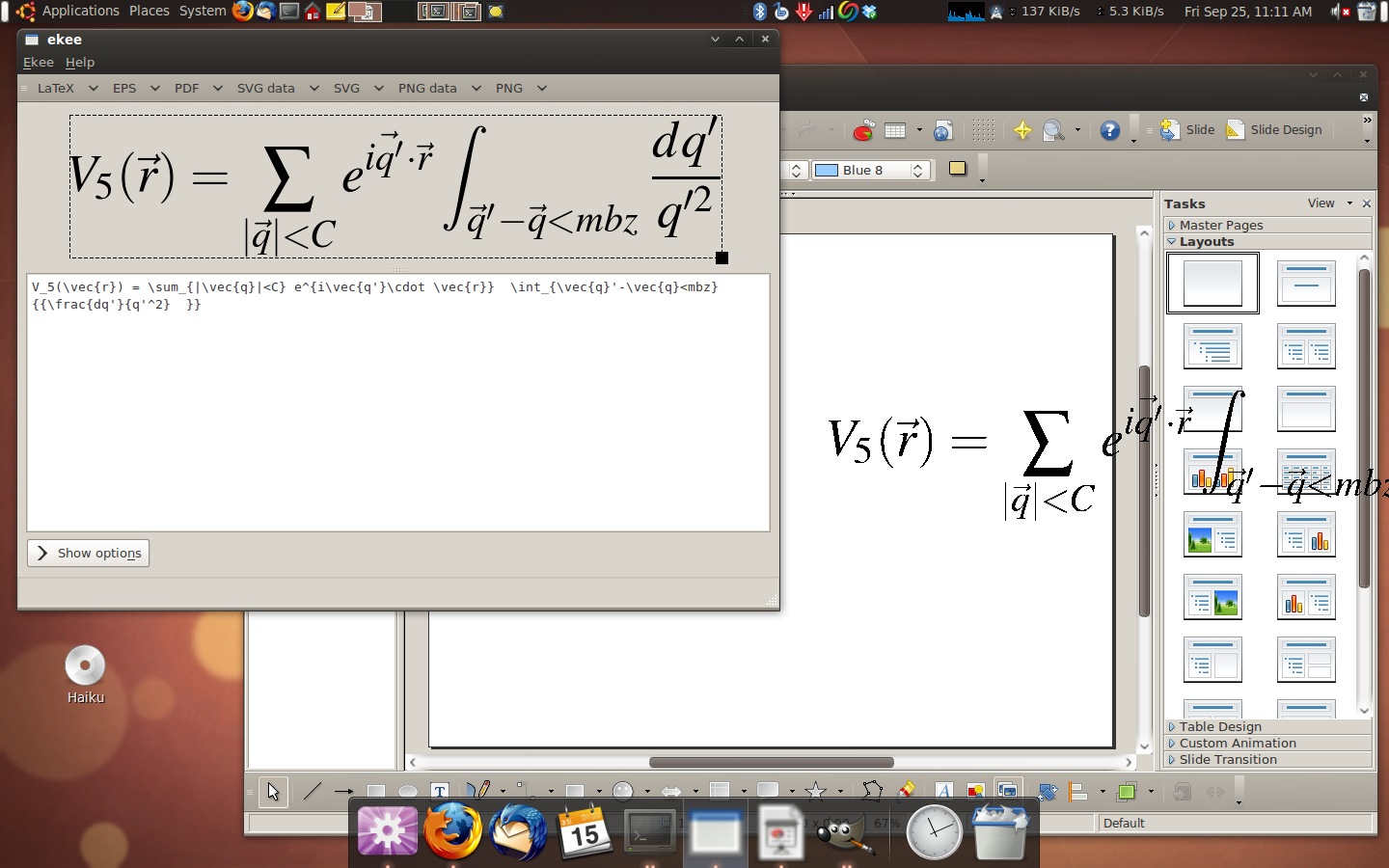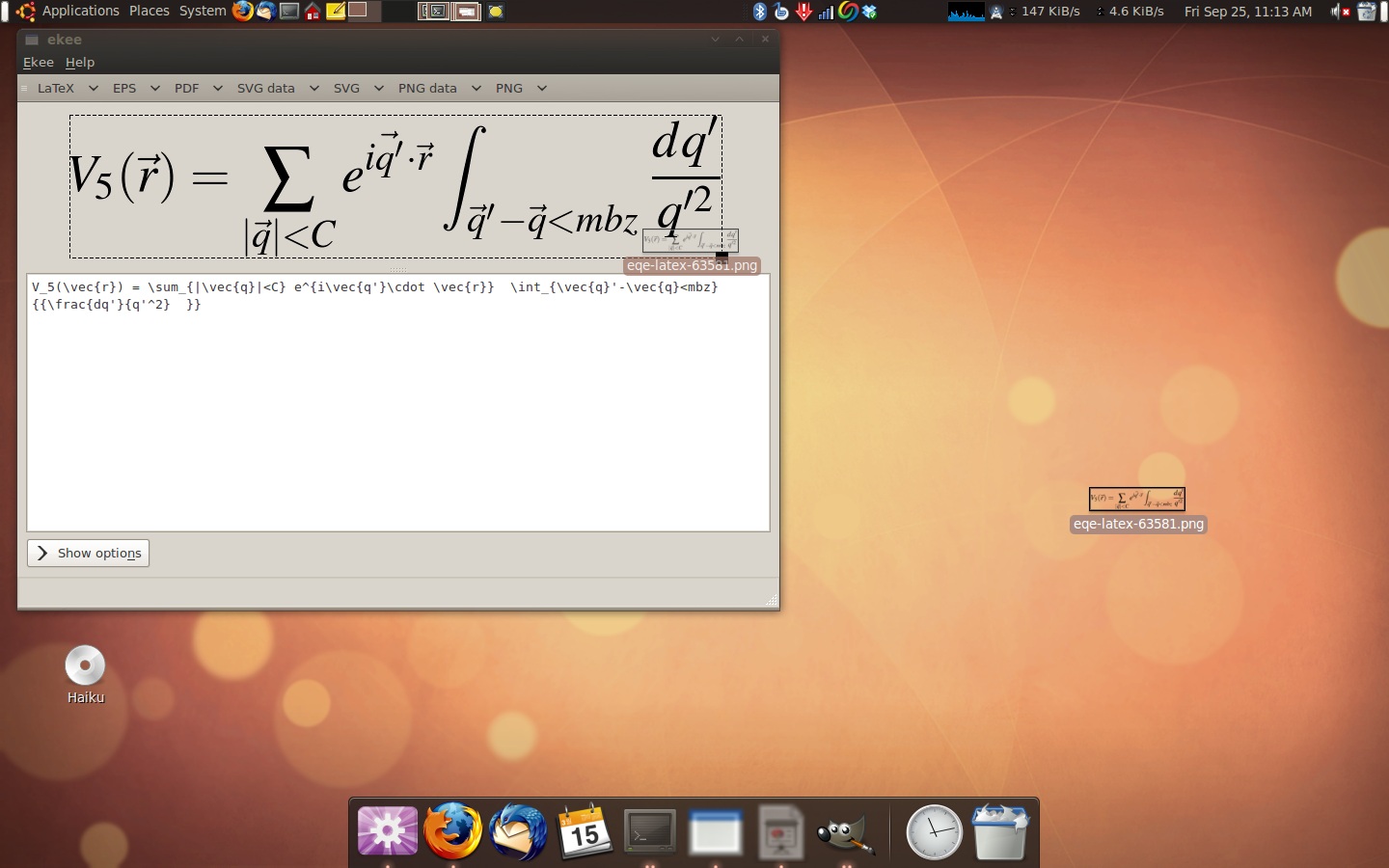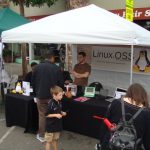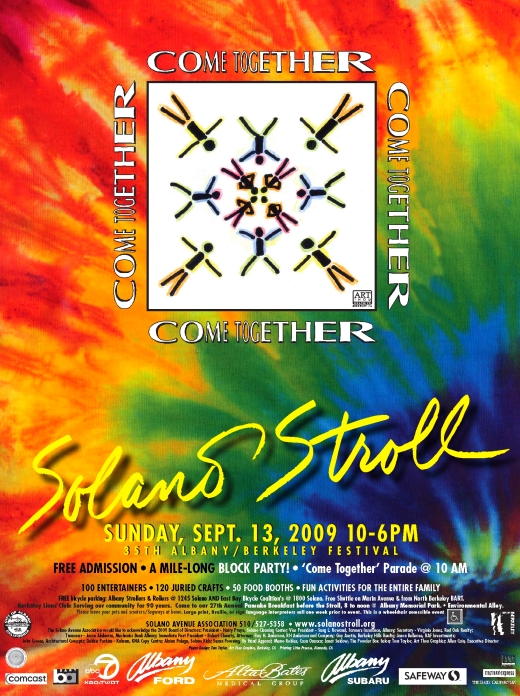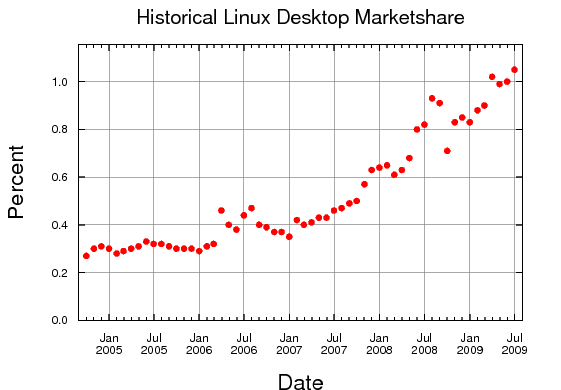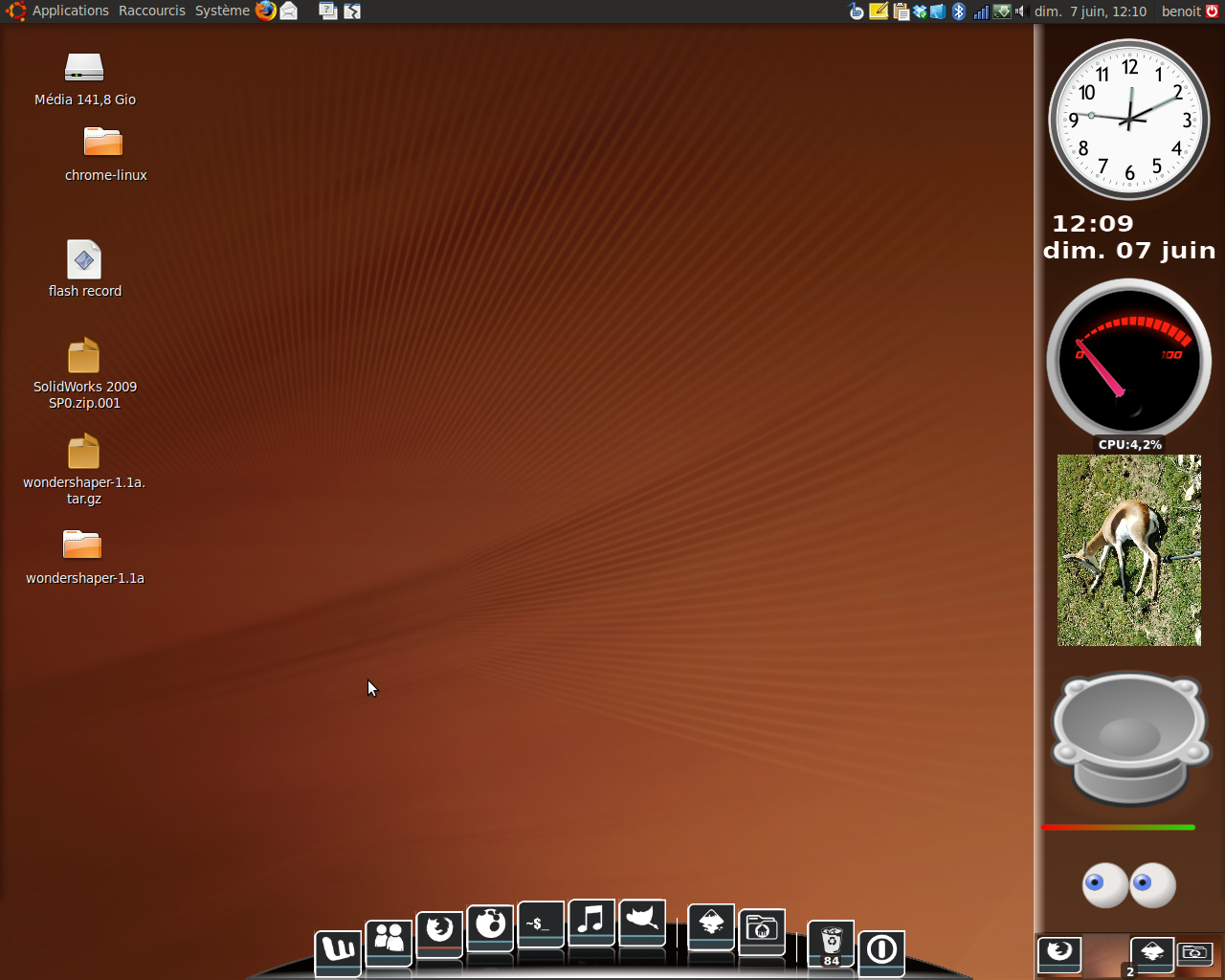When people first think of getting audiobooks online, they probably think of Audible. But, Audible has one really big problem: DRM (Digital Rights Management). I.e. every book you buy from Audible is encrypted so that you can only listen to it using a very limited number of applications and media devices. There is no application for Linux to play Audible audiobooks, and Android devices don’t support playing Audible files (yet anyway) either. Quite frankly, when you purchase a book from Audible, you are not buying it, you are only renting it. Even if you have a player that is compatible now, in 5 years when you get the urge to listen again, it is likely that your new device or computer will no longer be able decrypt the file. If you are lucky, Audible may pull an Apple and offer to remove the DRM from the file for additional cash out of your pocket; so you can finally own the book you thought you already bought. However, there is no guarantee of even that…
Do not despair, though, there are some really great options for DRM free audiobooks that work great on Linux and Android. I will discuss two: one being a store like Audible (but without the restrictions) and another a project that creates public domain audiobooks of Novels no longer in copyright.
 The first is EMusic. EMusic started as a DRM free, low priced music store that quickly gained popularity in the indie music scene. Two years ago they started selling DRM free audiobooks in ordinary MP3 format. Their library is now huge, containing thousands of audiobooks from many publishers. It is not quite as complete as Audible, but is complete enough that you would hardly tell the difference. Dan Brown’s latest book “Lost Symbol” hit the library in a matter of days for example. EMusic’s library is big enough that I have a download queue of nearly 50 books and a collection of equal size already. One book basically costs you $9.99 (which is incredibly cheap compared to the price of the discs at a bookstore. Slightly cheaper prices are available if you commit to buying more books over a year period.
The first is EMusic. EMusic started as a DRM free, low priced music store that quickly gained popularity in the indie music scene. Two years ago they started selling DRM free audiobooks in ordinary MP3 format. Their library is now huge, containing thousands of audiobooks from many publishers. It is not quite as complete as Audible, but is complete enough that you would hardly tell the difference. Dan Brown’s latest book “Lost Symbol” hit the library in a matter of days for example. EMusic’s library is big enough that I have a download queue of nearly 50 books and a collection of equal size already. One book basically costs you $9.99 (which is incredibly cheap compared to the price of the discs at a bookstore. Slightly cheaper prices are available if you commit to buying more books over a year period.
If EMusic’s $9.99 cost per book has you turning your couch upside down looking for spare change, LibriVox might be right up your alley. LibriVox is an open project to create public domain audiobooks from novels whose copyright has expired. Basically, people around the world, have volunteered to record themselves reading books aloud for the benefit of others. While, on average, the “acting” quality is not quite the same level as the professionally read audiobooks on EMusic, they are generally quite well produced. If you have an Android phone, there is a free App in the market called “Ambling Book Player” that lets you download Librivox audiobooks to your device directly (and of course to listen to them). This is a great way to the listen to classic novels for a price you can’t beat.

So, if DRM has you down, help send Audible a message by supporting EMusic for a huge collection of DRM free professionally read audiobooks and Librivox for great public domain audiobooks.
